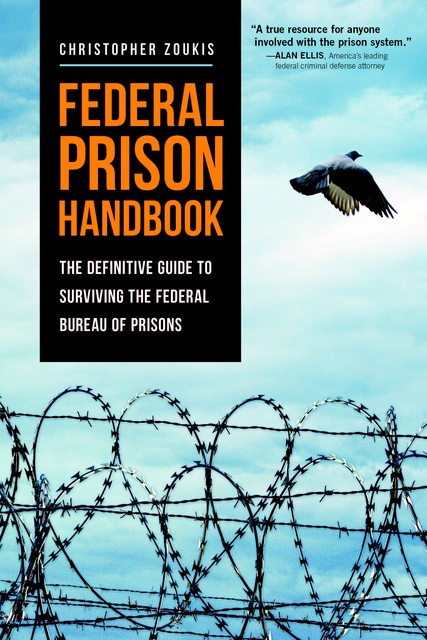by Douglas Ankney
The U.S. Court of Appeals for the Sixth Circuit held that a trial judge’s personal and condemnatory remarks directed toward a defendant required recusal of the judge.
Leron Liggins was charged with drug-related offenses in Michigan and Kentucky in 2018. Liggins stated his intention …
by Douglas Ankney
The California Court of Appeal, Fourth Appellate District, held that defendants who plead guilty to a stipulated sentence are eligible for resentencing under California Penal Code § 1170.91, as amended. (Note: All statutory references are to the California Penal Code.)
In 2002, Ronnie Keith …
by Douglas Ankney
In October 2023, California Governor Gavin Newsome signed a bill into law that prohibits “excited delirium” from being recognized as a valid diagnosis or cause of death. The law was prompted by the death of Angelo Quinto in 2020 who, while suffering a mental health …
by Douglas Ankney
The Supreme Court of New Mexico clarified that when reviewing claims of double jeopardy, the court is to apply either the strict-elements test of Blockburger v. United States, 284 U.S. 299 (1932), or the modified strict-elements test of State v. Gutierrez, 258 P.3d 1024 (N.M …
by Douglas Ankney
The Federal Bureau of Investigation (“FBI”) had so many snitches at the Capitol on January 6, 2021, that the agency lost track of the number. Steven D’Antouno, formerly in charge of the FBI’s Washington Field Office (“WFO”) testified behind closed doors to the House Judiciary …
by Douglas Ankney
The current justices on the Supreme Court of the United States (“SCOTUS”) apparently prioritize ideology over guilt or innocence. Almost 40 years ago, SCOTUS held that the U.S. Constitution’s Sixth Amendment guarantee of a right to counsel meant that criminal defendants have a right to …
Douglas Ankney
The Supreme Court of Kansas held that the State must prove a defendant specifically intended to enter a dwelling in which there was a person to sustain a conviction for attempted aggravated burglary and thus expressly overruled State v. Watson, 885 P.2d 1226 (Kan. 1994), which …
by Douglas Ankney
The New York Police Department (“NYPD”) hired David Grieco as an officer in 2006. Earning the street name “Bullethead,” Grieco was named in 17 lawsuits between his hiring and his first promotion in 2016. Although payouts to settle suits naming Grieco as a defendant exceeded …
by Douglas Ankney
The Court of Appeal of California, First Appellate District, held that Cecilio Castaneda-Prado’s right to confront his accusers was violated when the superior court prohibited his attorney from cross-examining a prosecution witness about biased motivation and fabrication after the witness had testified at the preliminary …
by Douglas Ankney
The U.S. Court of Appeals for the Fourth Circuit held that an evidentiary hearing was required where Berman Justus, Jr.’s, allegation of mental illness, if true, was sufficient to demonstrate extraordinary circumstances warranting relief under Rule 60(b)(6) of the Federal Rules of Civil Procedure and …





